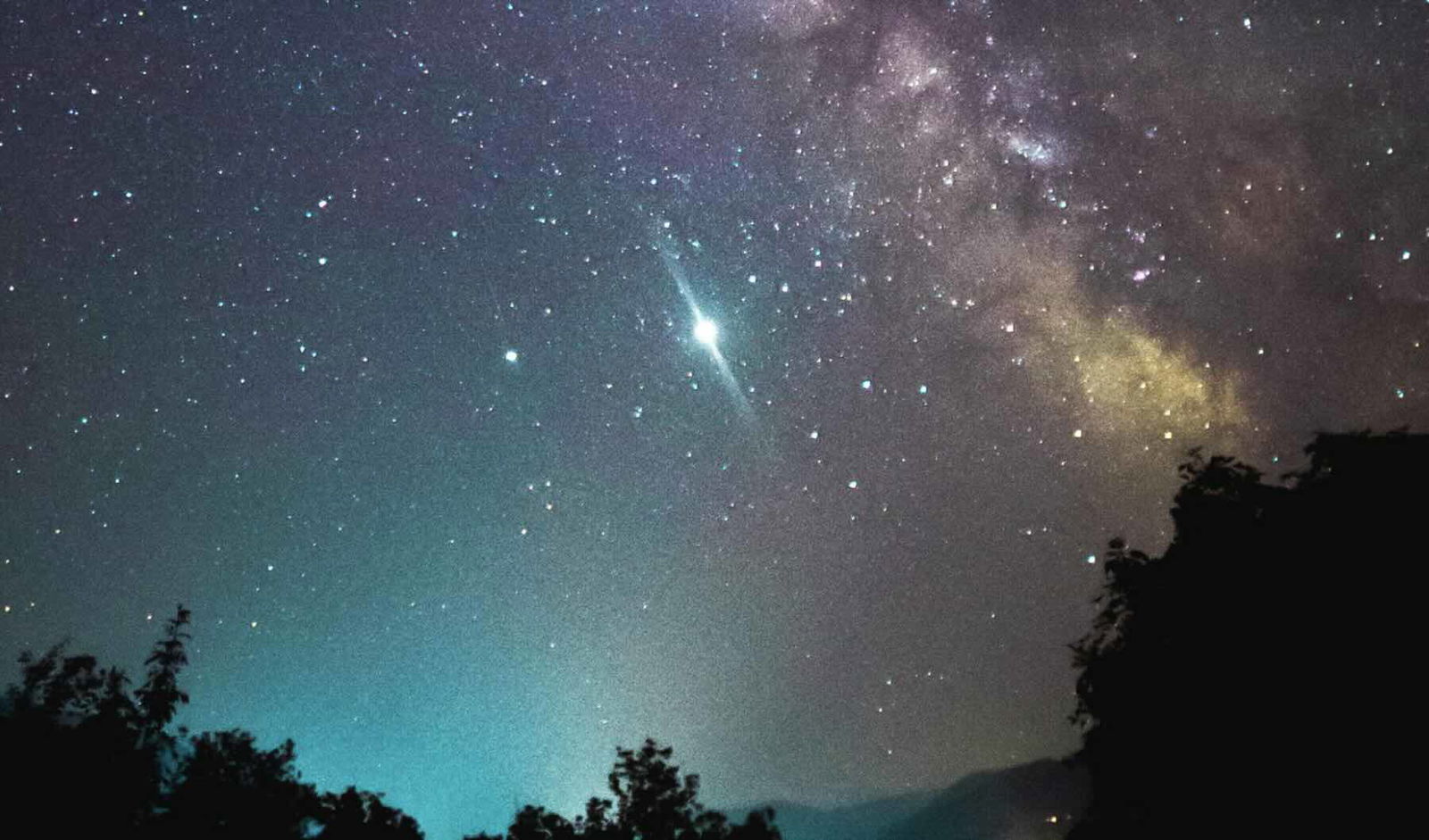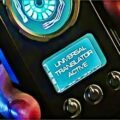Academic involvement in the study of unidentified anomalous phenomena (UAP) is helping to progress the once-taboo subject beyond the realm of speculation, according to a group of humanities scholars who are now pushing for deeper involvement from professionals across a diverse range of disciplines.
The study of UAP, once largely avoided by the academic community, has recently seen the entry of a growing number of scholars from the humanities, social sciences, and natural sciences. Further bolstered by the United States Department of Defense’s renewed engagement in UAP investigations, studies of aerial mysteries have recently seen a pronounced increase in serious academic inquiry, driven by the desire to understand the implications of reported incidents and their impact across various disciplines.
Now, the Society for UAP Studies, a nonprofit 501 (c)(3) organization that aims to unite academics and professionals who, according to its website, “are committed to advancing the study of the UAP through rigorous scholarly engagement,” will be hosting an online summer symposium that will address how professionals can help advance our understanding of these perplexing phenomena.
“The purpose of this is to organize a broad array of academic fields, perspectives, and discourses that are in various ways concerned with understanding—more deeply and more rigorously—the subject of UAP,” said Dr. Michael Cifone, a professor of philosophy and founder of the Society for UAP Studies, who also serves as its CEO and editor of its official publication, Limina -The Journal of UAP Studies.
According to Cifone, one of the society’s goals is to encourage interdisciplinary dialog between humanists and scientists who approach the UAP phenomenon in different ways and unite researchers on what he calls “the more metatheoretical questions of how to study the phenomenon.”
Despite the recent focus on scientific and military engagement with UAP, Cifone told The Debrief that the phenomenon presents challenges that also impact the humanities and political science, as well as the inquiries of historians, anthropologists, and professionals in a variety of other disciplines.
“With an event like this, we have an opportunity for more involvement from the humanities,” Cifone said, which he believes will provide an opportunity to learn ways those who work in this academic area can contribute to our growing knowledge of the topic.
Dr. Christian Peters, Managing Director at Bremen International Graduate School of Social Sciences (BIGSSS) and a member of the Society’s board of advisors, says another of the challenges of bringing the humanities more deeply into investigations of UAP involves not only identifying and characterizing UAP, but also to a degree the discipline’s own past challenges with self-identification.
“The thing with us in the social sciences is we haven’t really decided whether we belong to the humanities or to the sciences,” Peters said. “We’re kind of a mixed breed.”
Peters told The Debrief that many of the current processes and approaches being applied in the study of UAP are shaped by the contexts of military and scientific institutions, which are driven by various ambitions and interests that, according to Peters, highlight the influence of social sciences in understanding what is considered truth and reality.
“We do have something in the social sciences, which is called social constructivism that relates to the fact that basically everything that is dealing with realities and truths and ambitions is socially constructed,” Peters said. “There are a lot of arguments going on looking at the current processes about concepts like disclosure, which has become some sort of a ‘signal word’ for the discussion that takes place at the moment.”
“But you can look at disclosure from a more distant political theory perspective,” Peters told The Debrief, “and looking at that as being the play between the unveiling and the hiding in modern and in ancient statehood.”
“There’s a lot that needs to be said about these processes,” he added. In line with these perspectives, Peters will coordinate a workshop for the Society’s summer event with historian Greg Eghigian, which examines the UAP issue from the perspectives of history, political science, and political theory.
“There is a big movement going on with serious people working in different fields,” Peters told The Debrief. “I don’t think we’re going to find an interdisciplinary approach, but we will start to facilitate the discussion that needs to take place.”
Along with interdisciplinary dialogue, Eghigian told The Debrief that another aim of the Society’s event involves another of the subject’s most enduring problems.
“Speculation about UAP is often unmoored from any empirically sound and self-critical research,” Eghigian said. “The conference seeks to address this shortcoming by placing multidisciplinary scholarship about the subject center stage.”
Along with Peters and Eghigian’s workshop, several others that address various approaches toward studying UAP will be featured, including a session that focuses on the application of citizen science.
“The UAP Citizen Science Workshop is bringing together scientists from the UAP field and surveying the available resources and best practices for citizen science in general,” said Dan Williams, who coordinates the Society’s official Citizen Science Working Group.
Williams, who will lead the workshop, says such resources include SciStarter, Zooniverse, the NASA Citizen Science Seed Funding Program, commercial satellite Earth Observation imagery and analytics, ground-based instrumentation, smartphone apps, and self-supervised machine learning, or what he calls “needle-in-a-haystack” technologies.
“We hope the workshop participants can then author a paper on best practices and identify several citizen science projects of general interest. We have several members from the recent National Science Foundation’s ASTRO-ACCEL-sponsored UAP workshop participating, and we hope our workshop also advances their goal of forming a UAP citizen science working group,” Williams told The Debrief.
“The study of UAP deals with incomplete, inaccurate, and even at times deceptive information,” said Joshua Pierson, D.S.S., a career investigator who is also an advisor to the Society for UAP Studies. “The beauty of having a conference and an organization that focuses on bringing the social sciences and the humanities to bear is really where we start being able to assess what is inaccurate and incomplete,” Pierson said.
“Except now, instead of taking a practitioner’s approach, we have people who can think deeply on the subject to help inform some of the best models and methods to approach the information that we get on UAP,” Pierson told The Debrief.
Pierson says that in addition to applying the best models and research methods, a collective aim of academic groups like the Society for UAP Studies is also to define the phenomena more accurately. However, along with framing the phenomenon in academic terms, part of the aim of studying UAP from a humanities perspective also involves recognizing how people relate to UAP experiences and what overall impact the subject has on individuals, as well as at the societal level.
“UAP have profound effects on the lives of those who witness them, and they also stimulate important questions about the nature of knowledge itself and the limitations of ourselves as knowers,” said Dr. Kim Engels, an Associate Professor of Philosophy at Molloy University who is also on the Society’s Advisory Board. “Our conference is offering a space for philosophers and theologians to weigh in on these important dimensions of the UAP conversation.”
“One of the most important things I think the humanities supplies—at least the philosophy of science, my own tradition—is a sort of critical perspective on the ways in which people have come to interpret and study UAP,” Professor Cifone told The Debrief.
“I think we’re at an interesting moment here in terms of the science of UAP. There’s a kind of a turning point right here that I think we’re witnessing, and a science is forming out of a history of kind of abortive and failed attempts to bring to bear some kind of systematic scientific engagement with the question,” Cifone said.
If Cifone is correct, and the efforts by organizations like his, as well as those currently being undertaken by other academic groups and government agencies, are pointing to the emergence of a new area of study in the sciences, then groups like the Society may be some of the best-equipped to help guide the process.
“You know, there’s this in-between space that I think the humanities is really good at negotiating,” Cifone told The Debrief, adding that academics like those who will participate in the Society’s forthcoming conference could be particularly well suited to help the scientific community navigate the various challenges presented by such a complex field of study.
“This is, I think, where humanists can bring the scientists together,” Cifone said, “to discuss that kind of a difficult aspect to the phenomenon.”
The Society for UAP Studies will hold its online Summer Conference 2024, titled “Varieties and Trajectories of Contemporary UAP Studies,” from August 16 to August 18, 2024. Registration details and other information about the event can be found on the Society’s website.
Micah Hanks is the Editor-in-Chief and Co-Founder of The Debrief. He can be reached by email at micah@thedebrief.org. Follow his work at micahhanks.com and on X: @MicahHanks.

